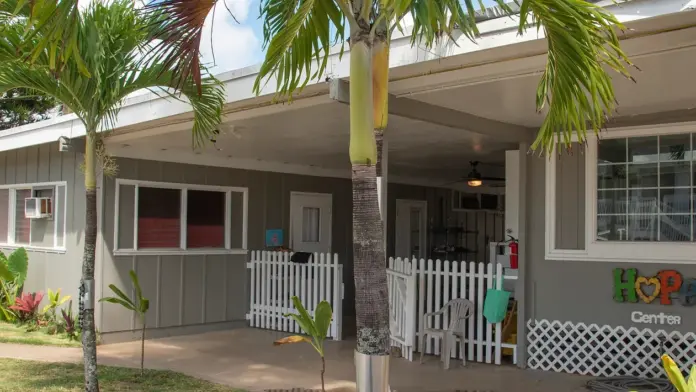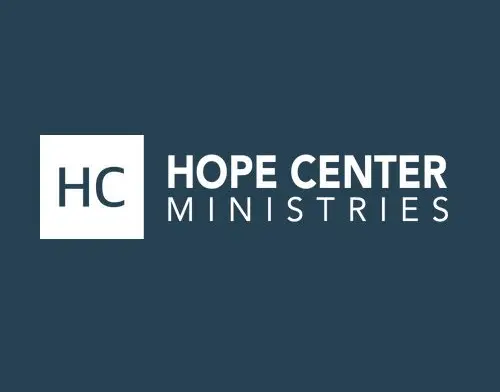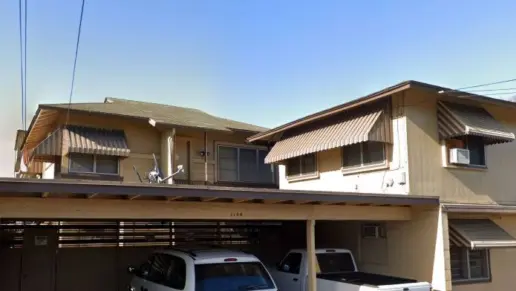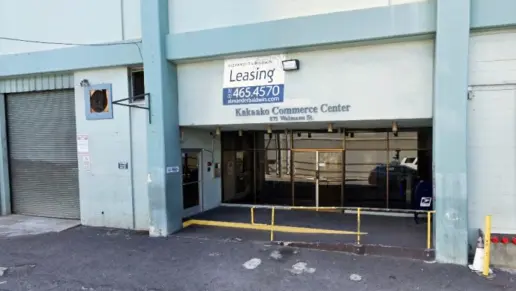About Hope Center Ministries
Hope Center Ministries - Kailua provides faith-based residential drug and alcohol treatment for adult men in Kailua, Hawaii. Their long term residential treatment is spiritually, emotionally and physically liberating. You’ll also get aftercare support upon graduation. Despite their name and Christian centered approach, this facility is open to everyone including believers and unbelievers. They also provide services to judicially involved clients.
They offer a phased recovery approach that integrates proven therapeutic practices and Christian centered models. The first phase involves 12 Step immersion, individual and group lay counseling and Celebrate Recovery. This helps you build a solid recovery foundation focusing on accountability, peer support and spiritual growth. You should expect to attend bible studies, participate in daily chores and engage in daily reflection that fosters spiritual development. Family support is emphasized, and visitation is allowed. They even have a dedicated family support night, foundation classes and interactive topical courses.
You’ll also participate in recreational activities including gym sessions, Saturday fun days such as lake trips or skydiving, weekend retreats to the mountains or beaches and a readily accessible snack shack. I admire their commitment to providing these recreational benefits as they make the program fun. The sponsoring church from the community will offer weekend service, small group opportunities and pastoral care. This phase lasts for four weeks.
In the second phase, the program becomes more tailored to meet your core recovery needs. Daily chores become replaced with 40 hours of vocational training weekly. This helps you build sound technical and interpersonal skills that prepare you for fulfilling career prospects upon graduation. This phase lasts for 40 weeks.
The final phase eases you closer to life after graduation through more real-life skills like financial management. This is in addition to privileges like more opportunities to earn income and personal phone and vehicle use. This final phase lasts eight weeks. It is believed that at the end of the program you’ll return to a stable, responsible and addiction free life in Christ.
Gallery

Location
Other Forms of Payment
Self-pay involves paying for treatment out of your own pocket. You can use savings or credit, get a personal loan, or receive help from family and friends to fund your treatment. If you don't have insurance or your insurance plan doesn't cover a specific program, self-pay can help ensure you still get the care you need.
Private insurance refers to any kind of healthcare coverage that isn't from the state or federal government. This includes individual and family plans offered by an employer or purchased from the Insurance Marketplace. Every plan will have different requirements and out of pocket costs so be sure to get the full details before you start treatment.
Addiction Treatments
Levels of Care
Treatments
Substance rehabs focus on helping individuals recover from substance abuse, including alcohol and drug addiction (both illegal and prescription drugs). They often include the opportunity to engage in both individual as well as group therapy.
Programs


Clinical Services
Research clearly demonstrates that recovery is far more successful and sustainable when loved ones like family members participate in rehab and substance abuse treatment. Genetic factors may be at play when it comes to drug and alcohol addiction, as well as mental health issues. Family dynamics often play a critical role in addiction triggers, and if properly educated, family members can be a strong source of support when it comes to rehabilitation.
Group therapy is any therapeutic work that happens in a group (not one-on-one). There are a number of different group therapy modalities, including support groups, experiential therapy, psycho-education, and more. Group therapy involves treatment as well as processing interaction between group members.
In individual therapy, a patient meets one-on-one with a trained psychologist or counselor. Therapy is a pivotal part of effective substance abuse treatment, as it often covers root causes of addiction, including challenges faced by the patient in their social, family, and work/school life.
Contact Information
361 N. Kainalu Dr.
Kailua, HI 96734



